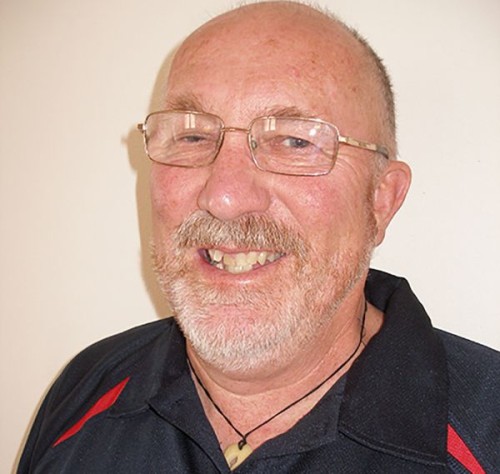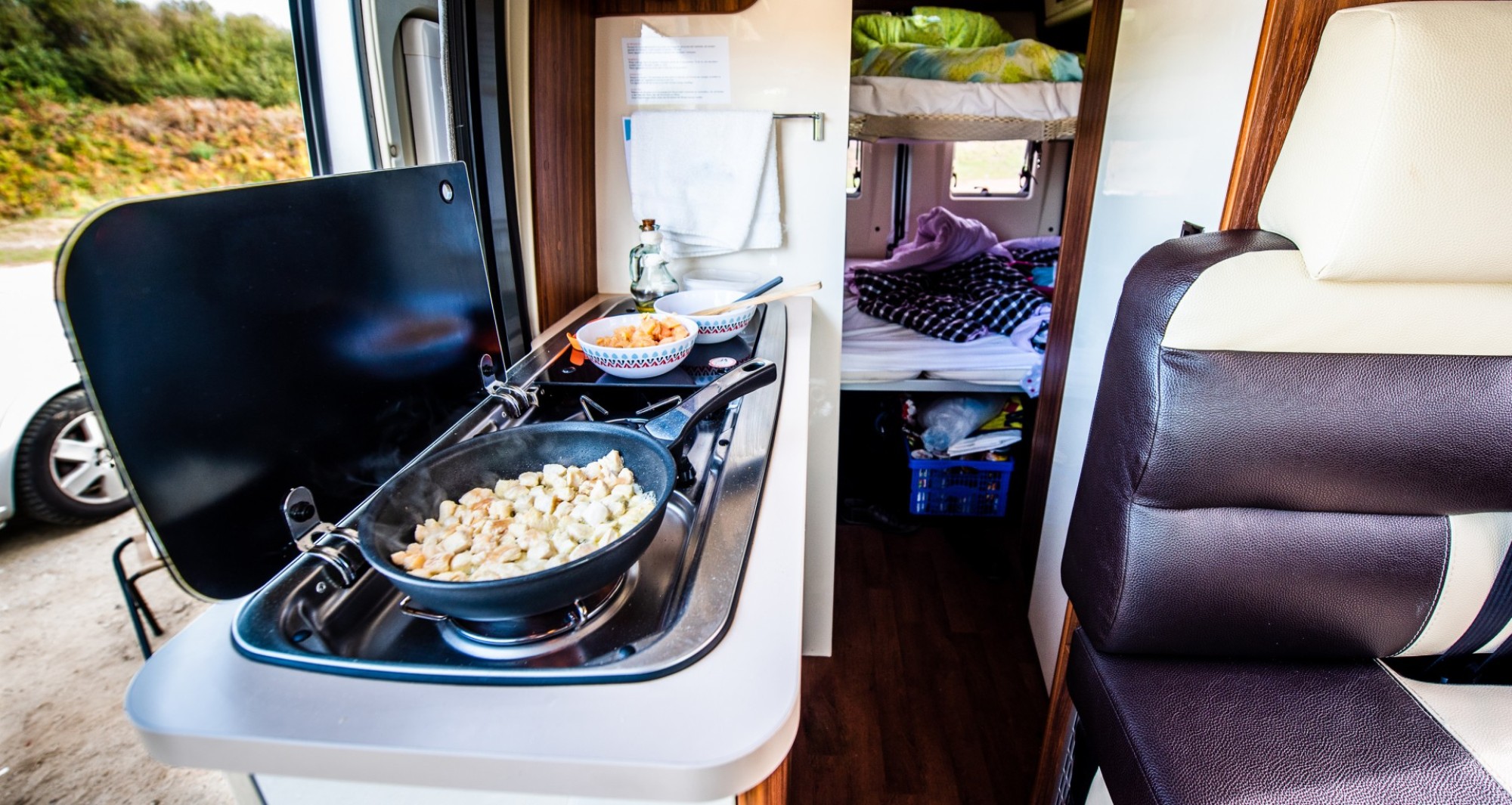Does my van require a Gas Certificate?
A Gas Safety Certificate is required for all Motor Homes/Caravans, manufactured in New Zealand after 1 July 2013 or imported into NZ, irrespective of age, after that date. It is a legal requirement that the manufacturer or importer of each van supply the purchaser with the Gas Safety Certificate.
Do I have to get a Gas Warrant of Fitness (Gas WOF)?
No there is no requirement to have an annual Gas WOF for your van. However it is recommended that you have your gas appliances serviced and the pipework leak tested every couple of years or if you suspect there are problems with operation of appliances.
May I do my own gas fitting on a van I am building or modify my gas system in my van?
No you may not. All gas fitting must be carried out by a registered gas fitter, he is required to provide you with a gas certificate to cover all the work he has done on your van.
May I store my spare gas bottle inside my vans living area?
No. All gas cylinders must be stored in a well ventilated Gas Locker, sealed from the interior of your van. Do not store even small cylinders under a divan and never store a cylinder on its side, they must be stored vertically on its foot ring.
Should I use Swappa Bottles or refill my own cylinders?
Due to the fact that exchange cylinders are never completely emptied before they are refilled, it is recommended that you refill your own cylinder, making sure that you use all the available gas in the cylinder before refilling.
The reason for this is that the gas we get in NZ is a mix of Propane and Butane. (The minimum legal make up of LPG is 60% Propane to 40% Butane) In the colder winter months, because the temperatures can easily reduce to below 5oC, it is found that the Butane content of the LPG will not vaporise within the cylinder, thus no vapour will be produced to fuel your appliances. Because the cylinders of swappa bottles are not emptied, it is very easy to get large percentages of Butane in the fill. This will cause mounting problems with your usages of available gas.
What can I do, if my LPG heater will not perform in the depths of winter?
This problem is caused by the problem of Butane becoming impossible to produce vapour at low temperatures. The cold periods of the year are hardest times to get LPG to produce vapour reliably. Without vapour your LPG heater will not go. If you intend to be using your van continuously over the winter months it may be worth considering changing your LPG heater to a Diesel fuelled heater.
Is it a good idea to poke a screw driver up the cylinder valve, to clear a possible blockage?
Definitely not. You should never fiddle with the valve on a gas cylinder. If you were to release liquid LPG you will receive a freeze burn if that LPG Liquid hits you skin, besides you are playing with a flammable gas that does not take prisoners if it happens to ignite as well. Consider this, 1 litre of liquid LPG will produce approx. 300 litres of flammable gas. If you suspect a problem with a cylinder valve take the cylinder to gas cylinder testing station to have it rectified.
Should I just open the valve on my gas cylinder to empty it?
Definitely not. Once again you are playing with a flammable gas that is heavier than air. If there is no draft or wind will hang about for a long time in depressions in the ground waiting for an ignition sour
Should I turn off my gas appliances while travelling?
There is no legal requirement to turn off your gas appliances, like your fridge, while travelling. However if your 3 way fridge is wired to operate on 12v while travelling, it should automatically turn over to 12vdc operation.
There is a legal requirement to turn ALL gas appliances OFF when entering a Petrol refuelling station or more particularly before boarding a ferry boat and travelling on the ferry.
What should I do if my fridge loses efficiency or my appliances start producing soot stains on my pots or on the side of my van?
As gas needs a lot of air to burn efficiently, if the burn becomes blocked with air- borne dust particles the burner will start producing a rich or carbonising flame with very low heat output. It is now time for you to have these appliances serviced by a registered gas fitter or other suitable approved service technician, to make things go as they should.

Lex Ward is the current NZMCA adviser for Gas/LPG
NZMCA Technical Advisers provide free advice to current members in the following areas; NZTA, electrical, gas and health & safety
